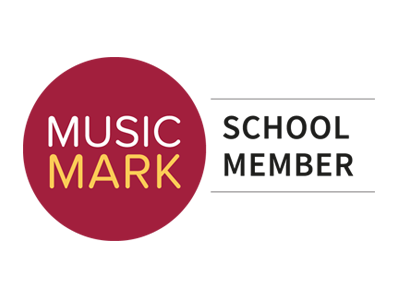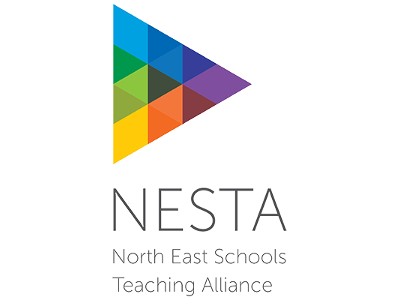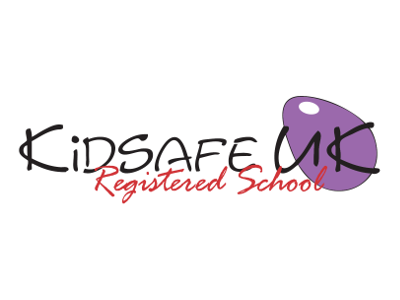Geography – Year 1
Download
Download our Year 1 Geography curriculum here.
Geographical Enquiry |
Physical Geography |
Human Geography |
Geographical Knowledge |
|---|---|---|---|
|
|
|
|
Purpose of study |
|---|
| Pupils should develop knowledge about the world, the United Kingdom and their locality. They should understand basic subject-specific vocabulary relating to human and physical geography and begin to use geographical skills, including first-hand observation, to enhance their locational awareness. |
Aims |
|---|
| Location knowledge Introduce name, locate and identify characteristics of the 4 countries and capital cities of the United Kingdom and its surrounding seas. Human and physical geography Identify seasonal and daily weather patterns in the United Kingdom. Use basic geographical vocabulary to refer to: Key physical features, including: beach, cliff, coast, forest, hill, mountain, sea, ocean, river, soil, valley, vegetation, season and weather Key human features, including: city, town, village, factory, farm, house, office, port, harbour and shop Geographical skills and fieldwork Introducing world maps, atlases and globes to identify the United Kingdom and its countries. Use simple compass directions (North, South, East and West) and locational and directional language [for example, near and far; left and right], to describe the location of features and routes on a map. Use aerial photographs and plan perspectives to recognise landmarks and basic human and physical features; devise a simple map; and use and construct basic symbols in a key. Introduce simple fieldwork and observational skills to study the geography of their school and its grounds and the key human and physical features of its surrounding environment. |
| Possible topic: | Possible topics: | Possible topics: |











